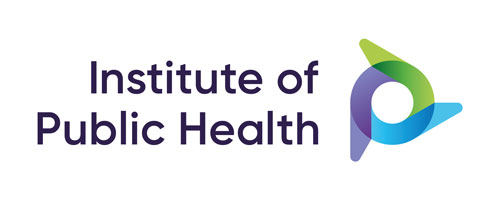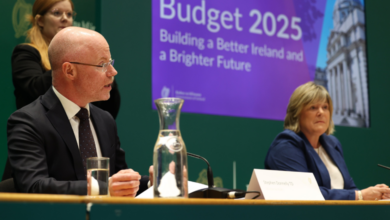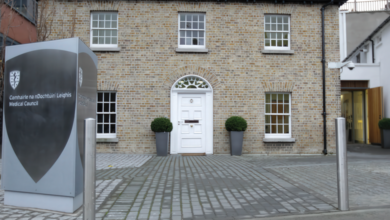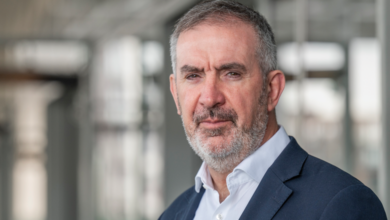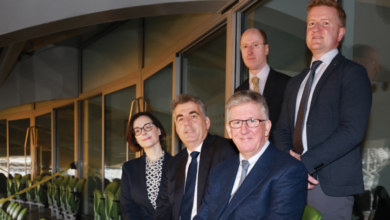Putting health at the heart of our climate response
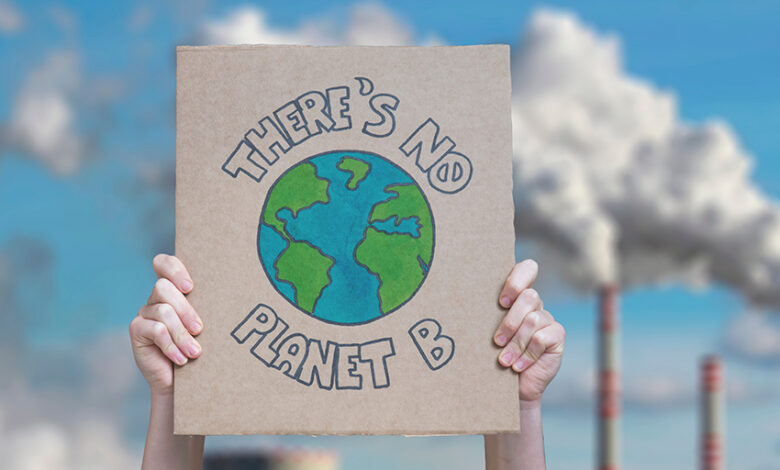
Human health needs to be at the heart of our response to the unfolding climate crisis if we are to succeed in limiting the significant risks to population health. That was the main message to emerge at a major all-island conference on climate change and health in November 2022.
The Joint Public Health Conference on 30 November 2022 attracted close to 1,000 health professionals, researchers, policymakers, and NGOs from across the island and beyond to consider the implications and risks of climate change to our health.
In the wake of COP27, the one-day conference provided a timely opportunity to cast a health lens on the global climate crisis, which has the potential to exacerbate existing health inequalities on the island of Ireland and amplify the pressures on our health and social care systems.
The event was jointly organised by the Institute of Public Health, Public Health Agency, Queen’s University Belfast, Ulster University, University College Cork, and HSE Health and Wellbeing.
In his opening address, Patrick Vallance, Chief Scientific Adviser to the UK Government, said climate change affects us all, is a matter for public health, and is an issue that governments need to act on as a matter of urgency.
Maria Neira, Director of Public Health and Environment, World Health Organization (WHO) also made a strong health argument for addressing air pollution as part of our climate change response. The health community at large, Neira believes, must join forces, harness the health argument for positive change, and highlight the great opportunities and health benefits of taking climate action.
Providing some insights into how health services are striving to become more sustainable, NHS Chief Sustainability Officer, Nick Watts, said being innovative and open to new ideas is key to making the transition away from carbon, giving an example of using drones to deliver chemotherapy drugs.
In a thought-provoking presentation, John Barry from Queen’s University Belfast outlined his belief that economic drivers, such as consumerism and capitalism, are unsustainable and contribute to socio-economic inequalities and negative health impacts.
The conference was chaired by Jenny Mack, a public health consultant with the Institute of Public Health, who said the successful event helped to focus minds and build new connections across disciplines and policy sectors.
“Climate change is contributing to death, disease, and inequalities across the world and we, on this island, are not immune. Across the globe, we are witnessing more floods, droughts, and heatwaves and we are also seeing the effects closer to home, with record-breaking temperatures and more extreme weather events than ever before,” Mack says.
“While this all-island conference highlighted the inherent health risks from climate change, it also identified the opportunity to work together and to harness positive health gains through climate action,” Mack adds.
Takeaways from the Healthy Planet Healthy People conference
1. The climate crisis is creating a health crisis.
2. Urgent systemic action is needed to reduce emissions and engage in adaptation to ensure we are preparing for the changing climate.
3. We must seize the opportunity to create a healthy, sustainable, and equitable environment for the natural world, and our health, to thrive.
